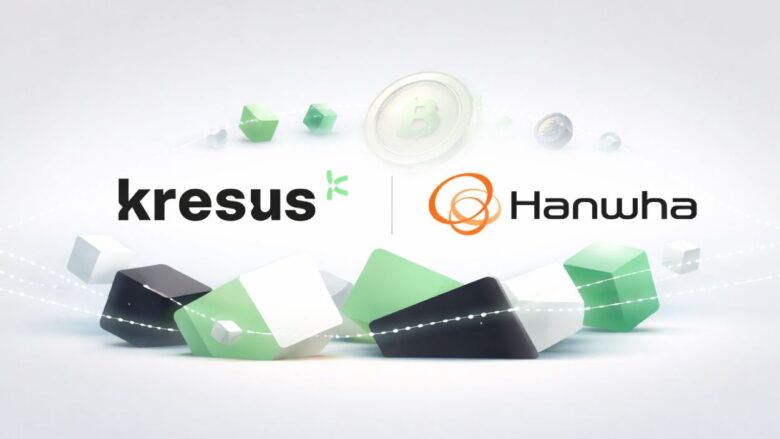The Ethereum Foundation is taking a big step forward on privacy by launching a new initiative called the Privacy Cluster, designed to weave privacy deeply into the core of Ethereum’s technology and future roadmap.
Key Takeaways
- The Ethereum Foundation has launched the Privacy Cluster, led by Blockscout founder Igor Barinov, bringing together 47 engineers and researchers.
- This initiative will support full-stack privacy tools, including the Kohaku wallet and an open-source privacy SDK.
- Privacy Cluster will coordinate with ongoing projects like Private Reads, Private Proving, and the Institutional Privacy Task Force.
- It builds upon the work of the PSE team, which has been focused on privacy since 2018 and will continue to lead early-stage R&D.
What Happened?
The Ethereum Foundation has officially introduced the Privacy Cluster, a dedicated unit to integrate privacy as a foundational feature across the Ethereum ecosystem. This new initiative is led by Igor Barinov and includes a team of 47 researchers and developers. It aims to deliver practical, scalable privacy tools for individuals and institutions, supported by the Kohaku wallet and SDK.
The Ethereum Foundation is committed to working alongside the ecosystem to make privacy a priority.
— Ethereum Foundation (@ethereumfndn) October 8, 2025
Privacy is normal. Privacy is for everyone.https://t.co/xwBT5WvwhJ
Ethereum’s Strategic Push for Privacy
The Privacy Cluster represents a formal expansion of the Ethereum Foundation’s privacy strategy. While the Privacy and Scaling Explorations (PSE) team continues to lead research and development under Andy Guzman, the new cluster will coordinate full-stack privacy implementation across the network.
Projects under the Privacy Cluster umbrella include:
- Private Reads and Writes: Enabling discreet interactions for payments, voting, and data storage.
- Private Proving: Letting users prove identity or asset origin without revealing sensitive information.
- Private Identities: Offering selective disclosure for digital identity.
- Privacy Experience: Enhancing usability to make privacy tools seamless for everyday users.
- Institutional Privacy Task Force (IPTF): Addressing compliance and privacy needs for enterprises.
At the heart of this work is Kohaku, a privacy-preserving wallet paired with an open-source SDK, intended to test and deploy privacy features in real-world scenarios. The Foundation views Kohaku as central to validating Ethereum’s ability to handle confidential transactions securely and efficiently.
Expanding on PSE’s Foundation
Since 2018, the PSE team has built a roadmap for Ethereum privacy through research and development in cryptographic tools. The Privacy Cluster builds on this legacy by integrating these tools into user-facing applications and institutional systems.
The initiative also acknowledges the rising demand for transaction privacy, citing increased use of tools like Railgun, a popular Ethereum-based mixer. The Foundation notes that while on-chain transparency has benefits, users need the option to protect their personal and financial data.
Ethereum will incorporate key tools like Semaphore, MACI, and stealth addresses to support private governance, payments, and identity verification.
Ethereum’s Privacy Vision for the Future
The Foundation emphasized that privacy must not only serve retail users but also meet enterprise-level expectations. With Ethereum positioned to secure trillions in digital value, building trust through privacy is essential.
The Institutional Privacy Task Force will help ensure new privacy technologies meet regulatory requirements without compromising user confidentiality. This approach balances transparency with discretion, supporting real-world adoption.
CoinLaw’s Takeaway
I think Ethereum’s Privacy Cluster is one of the smartest moves the Foundation has made in recent years. In my experience watching blockchain development unfold, privacy has often been an afterthought. Now, Ethereum is flipping that script by making it a core pillar.
What stands out to me is how comprehensive this initiative is. It’s not just about developing tools, but about making privacy feel normal and usable. Whether you’re a developer, a trader, or an enterprise, having control over what you share and when is a major step forward. Kohaku, the wallet and SDK, could be the most practical tool in this entire ecosystem if it’s executed well. I’ll be watching that one closely.


































































